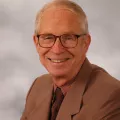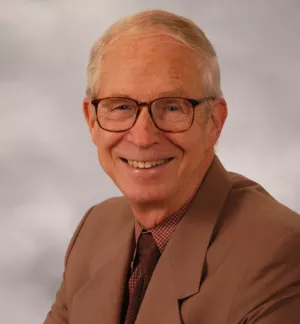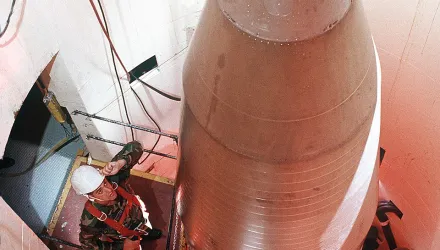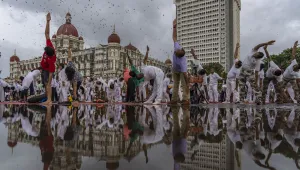ON THE BACKSTREETS of Providence or in modern international politics, community organizers are necessary to bring disparate and conflicting parties together. In every city, gangs, homeowners, and pensioners alike have the common interest of keeping the community together. They want access to services, schools, benefits, and respect.
In international politics, Europe, China, the Palestinians and Iran have the common interest of maintaining international trade and fostering economic growth. The long-term position of each depends on building up their communities and working with one another. This is unlike the interest of terrorists, which has been to tear down communities and create chaos in their place.
In the Mideast, community organizing requires not a two-state solution, but an approximation to a two-state confederation. The Palestinians cannot survive (even geographically) without access to Israel and the outside world. Israel cannot continue its imperial role in the West Bank (and the use of force in Gaza), nor can it withdraw. Autonomy and exclusion is not possible for two such inextricably related foes. They can exist only together.
Israel will have to have a major influence in both Gaza and the West Bank, and the Palestinians, Hamas included, will need access to the Israeli goods and labor markets. Both Gaza and the West Bank have to be opened up economically and politically — ending Israeli checkpoints restricting access. The Israeli settlements have (largely) to be dismantled. Hamas has to be disarmed.
This cannot be done by Israeli forces. It has to be done by an autonomous force of great powers, including the United States. A U.N. force of small-country contingents will not suffice. Rebuilding Gaza’s houses, schools, and its low-cost labor supply and effectiveness will be a first and vital step in the process of regeneration. This needs to be done by outside parties, not by Hamas.
Israel has proved that it can destroy — and thus it has re-established the effectiveness of Israeli deterrence. But it has not proved it can create and sustain economic development in the erstwhile territories. Thus, George Mitchell will have to talk not of ending conflict (as he did in Northern Ireland), but of establishing community.
In the longer run Iran will have to be brought into this new synthesis. It cannot rely on high oil prices and defy the rest of the world. If other means of generating energy succeed, oil prices will rise, but not to levels of mid-2008. Iran will need something else to do besides pumping oil and financing terrorists or Hezbollah.
As other countries which have ultimately abjured nuclear weapons like Indonesia, South Korea, and Brazil have found, a rising country needs a development strategy. It needs to export something other than oil and to acquire a non-energy comparative advantage. Otherwise it condemns itself to the fate of Spain as when, after 1640, Castile ran out of gold and silver. This does not mean in the short term that Iran cannot enrich uranium. It does depend on verifying the control of that uranium, and keeping it away from weaponization.
Japan, Germany and many other countries have made this choice with great economic success for themselves, winning support in the outside world. Iran can do the same.
The best community organizer in world politics today is not the United States. It is the European Union. Without the use of force — and with the prospect of economic development and rewards — the European Union has attracted Eastern Europe and exerted influence beyond the Urals to peacefully sublimate conflict and bring countries together.
This is true even when it does not hold out short-term membership as a prize for cooperation. Countries that harbor revenge on others cannot join in; they must settle their disputes as Slovakia and Romania have done, and as Ukraine is beginning to do. The European Union’s political and geographic reach, however, is limited. It cannot encompass the Mideast. But the United States can, using European techniques, become the world’s most effective community organizer.
President Obama can apply his well-recognized skills on a much wider and more important level.
Richard Rosecrance, a political scientist, is an adjunct professor at Harvard’s Kennedy School and a senior fellow with the Kennedy School’s Belfer Center for Science and International Affairs.
Rosecrance, Richard. “U.S., E.U. World Community Organizers.” The Providence Journal, March 3, 2009





